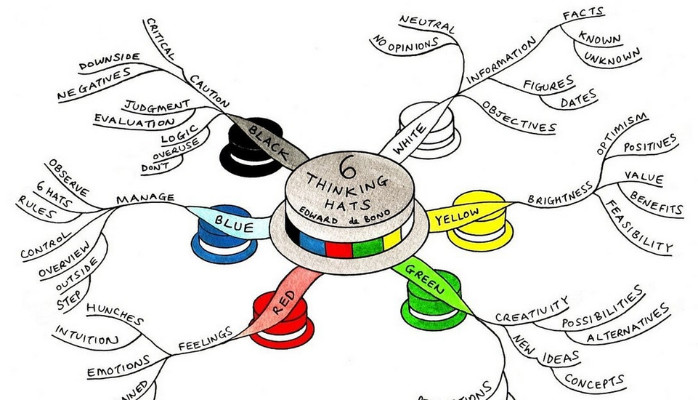
Product Managers are not magicians (at least not by trade)
What I love about product management is its finely attuned combination of marketing science (data based, empirical, founded thought with roots in statistics, marketing science and economics) and the occasional art -- art of the hunch to make a hypothesis or a bet (but then to validate it with data, users, testimony), the art of visualizing opportunities, the art of harnessing key relationships to grow an idea or business, the ability to create and apply new mental frameworks.
PMs are the messengers, cultivators of ideas, they synthesize and foster ideas and help them gain direction, purpose, or even shelving when the timing is not right. PMs are team players, and they thrive on collaboration. They are integrally dependent on engineers to build product, with the rare exception of PMs that happen to be engineers.
When "used as designed", PMs can greatly enhance a sense of value, charter a product's vision or direction, and create tracks of prioritized initiatives for companies to drive products through successful lifecycles of adoption. They are champions and sales' right hands.
However, one of a PM's key roles is not only to synthesize complex ideas, it is to come up with ways to measure and validate these ideas to become marketable, find and validate market fit, identify opportunities for growth and perhaps monetization. It is NOT to magically take a poorly designed product and enter an afterthought of a value prop, hoping to find a market. That may work rarely but it's an alarm of a painful afterthought proof of concept (this ship is sunk, this cost is sunk, let's surface while possible).
One additional side note -- the overuse, misuse, and abuse of words around startups, entrepreneurship, and any related derivatives. Look, entrepreneurship is about novel ideas, concepts, models, interactions, a new way to operate or deliver a business; it's something that benefits and creates a whole new market, segment, product, something that was a need or gap or is a new need or gap customers want and are willing to consume AND pay for (or somebody is willing to absorb, in that transaction). In a nutshell. Creating something is not an entrepreneur make. Some words have that inevitable marketable appeal -- product management is emerging as such a phrase -- up there with entrepreneurship and startups, at least in my immediate circle of influence/inference, so to speak (observable by the naked eye, experience, and "experiments" to the extent I can conduct them on a low scale at least enough to hypothesize). Years ago, I struggled to explain to my non-peers what a PM did, describe the extent of a PM's reach, etc., but today, the space is filled with every derivative of the word and function, with a far spread of responsibilities plenty talked about in the industry.
This leads me to the impetus for this post. Lately I've noticed a bizarre trend of companies (or perhaps teams, or specific individuals within companies) apparently looking to fill a new PM function. A few of them claim to want to develop this function from scratch, others to fill a new role on a new team. Digging deeper, some alarming signs begin to emerge that reveal a lack of foundation, single value proposition, or even a goal behind some of these roles, teams, or products. The person/team struggles to formulate their product's functionality, basic use, or goals beyond an already identified path. The greatest weakness I've sniffed is around metrics oriented questions. You know the type. Where a person struggles to understand basic product usage/conversion metrics, cannot identify a goal, cannot answer questions around validation or testing. They hope that a PM will come in and magically solve problems around a void or lack of value -- heck, build warehouses from scratch, and build out a whole user base, also from scratch. Yet there is next to no room (or resources) to actually innovate, test, research, or redefine direction, because someone already has made a bet and refuses to kill a poorly planted seed.
I have news for these companies. Don't expect PMs to enter with some magic wand and create use for poorly designed ideas. At a bare minimum, as a visionary in your company, you should be able to know and formulate what your product/service does, why it exists, and what the goals are. A PM can help narrow it down and guide it, but a PM is not there to clean up a dirty mess of technical debt. For that, you need to hire a magician. Until then, use PMs for what they are best for: create and validate vision, inform strategy and yes, guide and drive you through it, ideally with a team attached to actually execute on these grand ambitions.